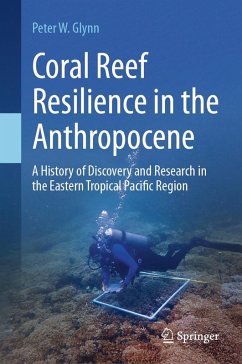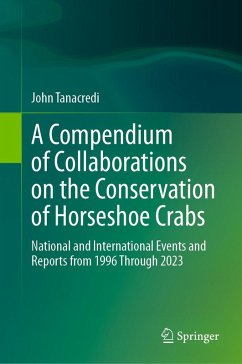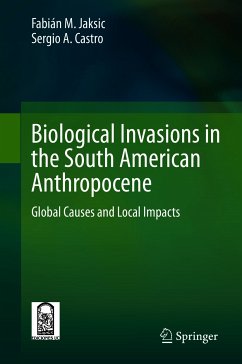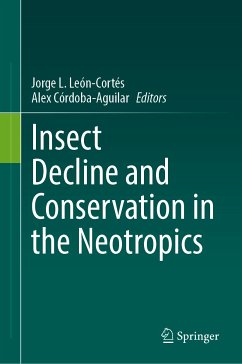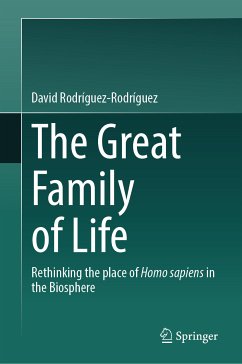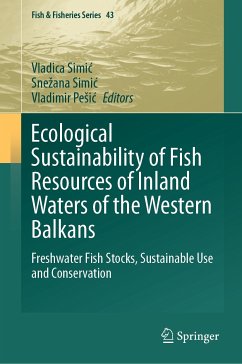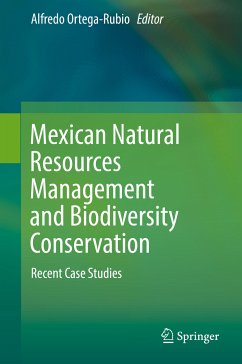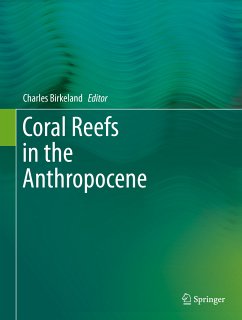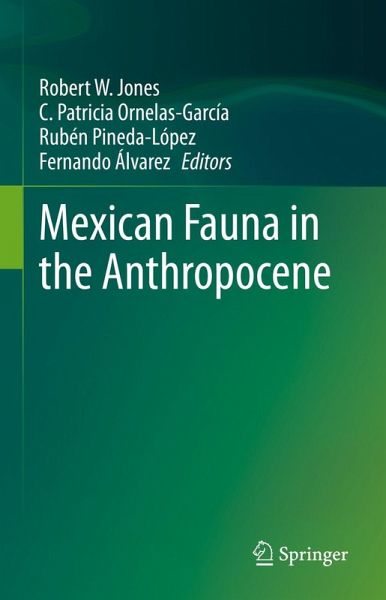
Mexican Fauna in the Anthropocene (eBook, PDF)
Versandkostenfrei!
Sofort per Download lieferbar
175,95 €
inkl. MwSt.
Weitere Ausgaben:

PAYBACK Punkte
88 °P sammeln!
This contributed volume presents an analysis of the current conservation status of major faunal groups in Mexico. The chapters describe a prognosis of future challenges, and also explore the expanding threats inherent in the Anthropocene within the context of the unique physical, biological and cultural aspects of the nation. Covering 27 chapters, and written by Mexican and international authors, this book analyzes a wide range of vertebrate and invertebrate animal taxa, their ecosystems and the critical processes related to their present conservation status. This volume is an important refere...
This contributed volume presents an analysis of the current conservation status of major faunal groups in Mexico. The chapters describe a prognosis of future challenges, and also explore the expanding threats inherent in the Anthropocene within the context of the unique physical, biological and cultural aspects of the nation. Covering 27 chapters, and written by Mexican and international authors, this book analyzes a wide range of vertebrate and invertebrate animal taxa, their ecosystems and the critical processes related to their present conservation status. This volume is an important reference material for researchers, conservationists and students interested in the biological and ecological processes shaping the Mexican fauna.
Dieser Download kann aus rechtlichen Gründen nur mit Rechnungsadresse in A, B, BG, CY, CZ, D, DK, EW, E, FIN, F, GR, HR, H, IRL, I, LT, L, LR, M, NL, PL, P, R, S, SLO, SK ausgeliefert werden.



